Description
CONTENTS
- The Education Policy 1972 – 1980
- National Education Policy and Implementation programmer 1979
- Report on the Implementation of National Education Policy 1978-1983
- Hallipotha Report (1979)
- Enforcement of Shari’ah Act X 1991
- Report of the Commission on Islamization of Education 1992
- National Education Policy 1992 95
- The National Education Policy 1998-2010
- Ordinance XL of 2001 Government of Pakistan
- Education Sector Reform Action Plan 2002-2003-2007
- Madrassa Reform Program Initiated by the Government of Pakistan
- Deeni Madaris of Pakistan, Baseline Information 2003-2004 & 2004-2005
- Education in Pakistan: A White Paper February 2007
- National Education Policy 2009
- Report of the Ministry of Religious Affairs 2011-2012
ABOUT THE BOOK
Leafing through the history of Pakistan since its inception in 1947, the demand for replacing the education system inherited from the British with an Islamic system of education has been made by various social, religious and political quarters. In response, the successive governments in Pakistan established various commissions and committees to prepare guidelines for chalking out how Islamic education could be incorporated in the nation’s general education within the broader objectives of a “true Islamic society and the state. A chronological approach adopted in these volumes would facilitate students and researchers to track down the historical evolution of the policy process as well as similarities and differences, if any, in the approaches of successive governments.
ABOUT THE AUTHOR
Husnul Amin obtained his Ph.D. in Development Studies (with further specialization in Political Sociology) in 2010 from the International Institute of Social Studies (The Hague). His dissertation concerned the genesis and proliferation of post-Islamist intellectual and social-political trajectories in Pakistan. He was awarded post-doc fellowship supported by the DRS-COFUND Fellowship Program of Freie University at Berlin and the European Commission, hosted by the Berlin Graduate School Muslim Cultures & Societies (BGSMCS) during his research stay, March 2013 – July 2014; availed fellowship at William and Mary, Virginia, USA (January 2014), and research stay at the University of North Carolina Wilmington, USA (October 2015). He is author of the book Post Islamism Pakistan in the Era of Neoliberal Globalization. A select list of his articles published in reputed national and international journals. Dr. Amin is currently Executive Director of the Iqbal International Institute for Research & Dialogue (IRD), and an Assistant Professor at the Department of Politics & International Relations, International Islamic University, Islamabad.
Dr. Mumtaz Ahmad, Executive Director, IRD associated with the University since 2007. He is at present Vice President of Academics of International Islamic University, Islamabad. He has been a Professor of Political Science at Hampton University, VA, USA for the last twenty-two years. He received an M.A in Political Science from Karachi University, an M.A. in Development Administration from the American University of Beirut, and Ph.D. in Political Science from the University of Chicago.
He has served as: member of “Islam and Social Change Project” of the University of Chicago; Research Fellow at the Brookings Institution, Washington, D.C; Senior Fulbright Fellow in Bangladesh and Pakistan; Fellow of the United States Institute of Peace (USIP) in Sudan, Pakistan and Malaysia; American Institute of Bangladesh Studies Fellow; American Institute of Pakistan Studies Fellow; member of the “Fundamentalism Project” of the American Academy of Arts and Sciences/University of Chicago; and Senior Consultant for the “Muslims in American Public Square” Project of Georgetown University. He is currently President of the South Asian Muslim Studies Association (SAMSA), an affiliate of the Association of Asian Studies (AAS) and Vice-President of Centre for Islam and Public Policy (CIPP), Washington, D.C.
Prior to joining Hampton University in 1990, Dr. Mumtaz Ahmad taught at Columbia College and Chicago State University. He has been a Visiting Professor at the International Islamic University in Kuala Lumpur and International Islamic University, Islamabad. He is also on the editorial board of several professional journals. Dr. Mumtaz Ahmad has published nine books and numerous journal articles, chapters in edited volumes, and encyclopedia articles on politics of contemporary Islamic movements, political sociology of religious groups, and political developments in South Asia and the Middle East.
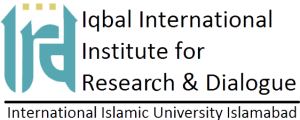
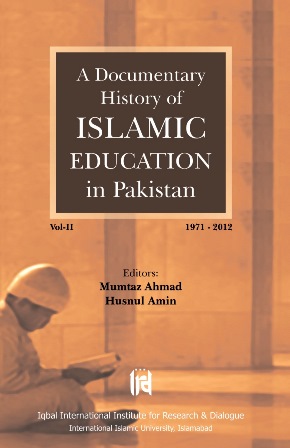
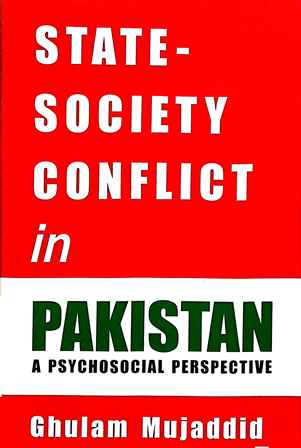
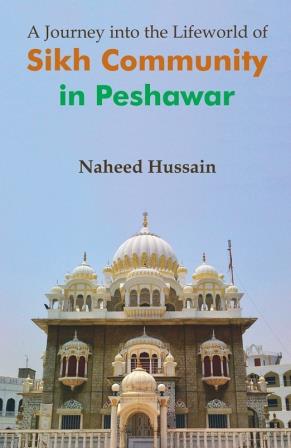
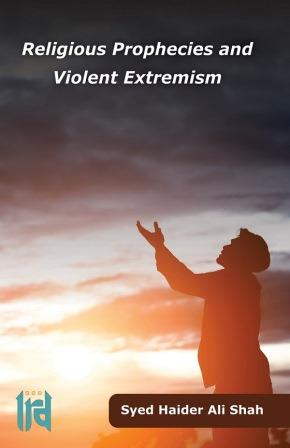
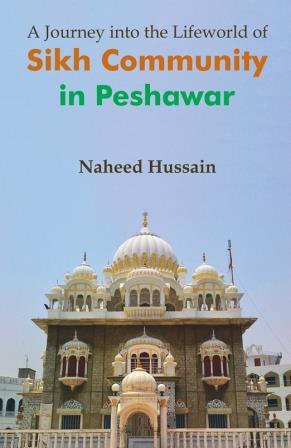


Reviews
There are no reviews yet.